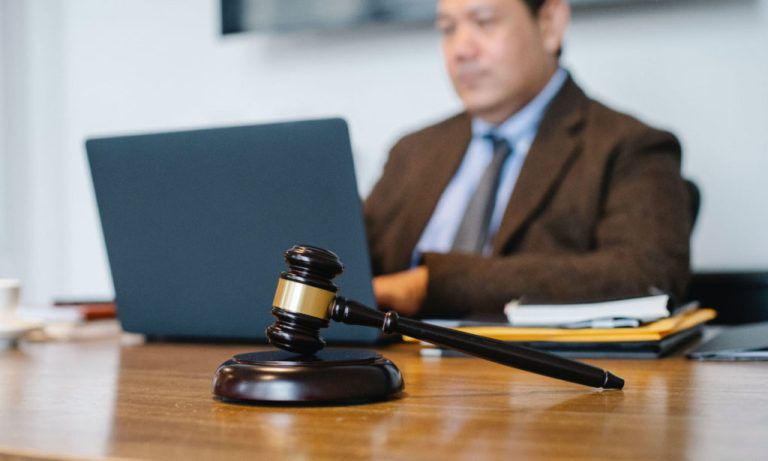Protecting client confidentiality is a fundamental ethical duty for georgia dog bite attorney and is critical to maintaining trust and upholding the integrity of the legal profession. Client confidentiality is protected by legal rules and professional standards that govern the attorney-client relationship. Here’s how georgia dog bite attorneys can ensure the confidentiality of client information:
1. Understanding the Duty of Confidentiality
georgia dog bite attorneys must understand and uphold the duty of confidentiality, which is a cornerstone principle of legal ethics. This duty requires attorneys to keep client communications, information, and legal matters confidential, both during and after the attorney-client relationship, unless disclosure is authorized by the client or required by law.
2. Establishing Confidentiality Policies
Law firms should establish clear confidentiality policies and procedures to ensure that all attorneys and staff understand their obligations regarding client confidentiality. Policies should address data security measures, access controls, encryption protocols, and guidelines for handling sensitive client information.
3. Limiting Access to Client Information
georgia dog bite attorneys should limit access to client information to authorized personnel only. This includes restricting access to physical files, electronic documents, and communication channels to prevent unauthorized disclosure or breaches of confidentiality.
4. Using Secure Communication Channels
When communicating with clients or colleagues, georgia dog bite attorneys should use secure communication channels to protect the confidentiality of sensitive information. This may include encrypted email services, secure client portals, and encrypted messaging apps to ensure that client communications remain private and secure.
5. Obtaining Informed Consent for Disclosure
georgia dog bite attorneys must obtain informed consent from clients before disclosing confidential information to third parties, such as opposing counsel, expert witnesses, or government agencies. Clients should be fully informed about the scope and implications of any disclosures before providing consent.
6. Adhering to Attorney-Client Privilege
Attorney-client privilege protects confidential communications between attorneys and clients from being disclosed in legal proceedings. georgia dog bite attorneys must assert and preserve attorney-client privilege to safeguard client confidentiality and prevent unauthorized disclosure of privileged information.
7. Maintaining Confidentiality in Digital Practices
In an era of digital transformation, georgia dog bite attorneys must adopt best practices for maintaining confidentiality in digital environments. This includes using secure passwords, encryption software, firewalls, and regular software updates to protect client data from cyber threats and unauthorized access.
8. Educating Clients on Confidentiality
georgia dog bite attorneys should educate clients about the importance of confidentiality and the limitations of attorney-client privilege. Clients should be informed about the circumstances under which confidentiality may be waived or disclosure may be required by law, such as in cases involving imminent harm or court orders.
9. Responding to Breaches of Confidentiality
In the event of a confidentiality breach or unauthorized disclosure, georgia dog bite attorneys should take immediate steps to mitigate harm and notify affected clients promptly. Implementing incident response protocols and conducting thorough investigations can help prevent future breaches and uphold client trust.
10. Continuing Education and Training
georgia dog bite attorneys should engage in ongoing education and training on confidentiality best practices, ethical considerations, and legal requirements related to client confidentiality. Staying informed about emerging threats and evolving privacy laws is essential for maintaining compliance and protecting client confidentiality.
In summary, protecting client confidentiality is a foundational duty for georgia dog bite attorneys and requires adherence to ethical standards, implementation of robust security measures, and proactive risk management strategies. By prioritizing confidentiality, georgia dog bite attorneys uphold professional integrity and foster trust with clients, ensuring
















+ There are no comments
Add yours